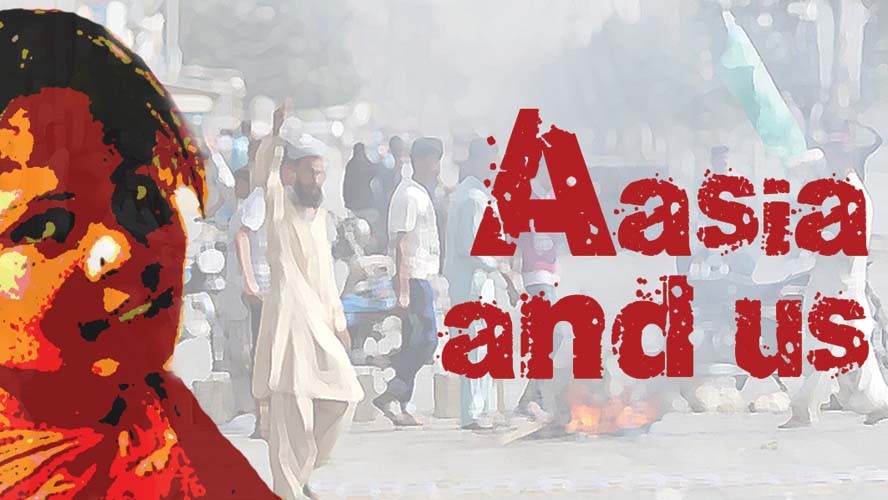

Aasia Bibi, a mother of five, was behind bars for nine long years as her case proceeded sluggishly from the trial court to the high court to finally the Supreme Court which turned out to be the only court that acquitted her. She is one of the many victims of the country’s blasphemy laws which have recently been praised for being one of the best laws against blasphemy in the world since these include prophets and holy books of all religions in their ambit.
In their favour, some have even argued that no blasphemy accused has so far been hanged under these laws. The facts on ground present a whole different picture. It’s a fact that anyone accused of blasphemy of the majoritarian faith in any manner -- but largely against the Holy Quran and Prophet (pbuh) -- in this country is not safe ever. In extreme cases, the accusation has been considered enough to murder people; they have been killed in jails, by the law enforcers and are forced to stay in solitary confinements because of the risks involved.
The entire law machinery is crippled by a sense of fear. Most of the accused serve long sentences in jail because the judges dither, cases are unnecessarily prolonged and appeals are either unheard or pending. Many are cases of false accusation but the supposed anger of the custodians of faith prevents a fair inquiry and trial. An entire new brand of violent politics has been created and allowed to flourish in the name of protecting religion from blasphemy.
It would not be incorrect to say that this is the biggest challenge for the Pakistani state, though no one is sure if it recognises it yet. In Aasia’s case alone, a sitting governor of Punjab, Salmaan Taseer, was murdered by his official security guard when he tried to seek mercy for her and hinted at the need for amending the blasphemy laws. The killer, Mumtaz Qadri, who confessed to his crime is a hero to this violent brand of politics.
The shocking incidents of last week after the Supreme Court decision came, acquitting Aasia bibi of all charges of blasphemy, were not entirely unexpected. Paralysing the entire country for three days, these incidents have raised some valid questions -- about the writ of the Pakistani state, the response of the political class, the problems in administrative tackling of religion-based violence, the progress of the case itself and the future of Tehreek-e-Labbaik Pakistan.
Also read: Aasia and us
But before answering all that, this is what we must ask ourselves: how and why did we go so wrong in the head and heart to ask for death and nothing less for an extremely poor marginalised woman who was a mother of minor children. Who are these people that bay for her blood and what happened to their sense of compassion? As the entire world contemplates sending Aasiya bibi abroad for her own safety, should this not be moment of collective shame for this state and society?